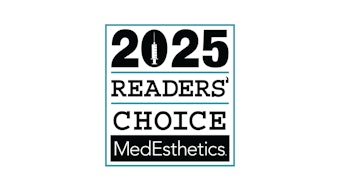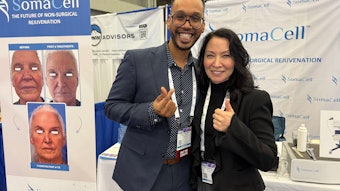
Research presented at the European Academy of Dermatology and Venereology (EADV) 29th Congress, EADV Virtual, shows that a form of vitamin B3 could protect skin cells from the damaging effects of ultraviolet (UV) exposure.
Researchers in Italy isolated human primary keratinocytes from the skin of patients with non-melanoma skin cancers. The cells were treated with three different concentrations of nicotinamide (NAM), a form of vitamin B3, for 18, 24 and 48 hours and then exposed to UVB.
Results showed that NAM enhanced DNA repair, decreased antioxidant expression, blocked local inflammation by showing decreased nitric oxide (NO) release and reactive oxygen species (ROS) production and reduced iNOS protein expression.
“Our study indicates that increasing the consumption of vitamin B3, which is readily available in the daily diet, will protect the skin from some of the effects of UV exposure, potentially reducing the incidence of non-melanoma skin cancers. However, the protective effect of vitamin B3 is short-acting, so it should be consumed no later than 24 to 48 hours before sun exposure,” said Lara Camillo, a research student from the dermatological unit of AOU Maggiore della Carità, Novara, Italy.











